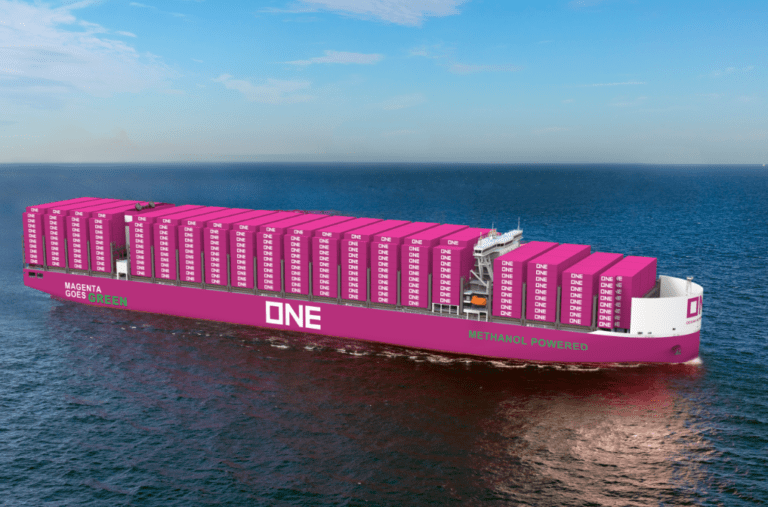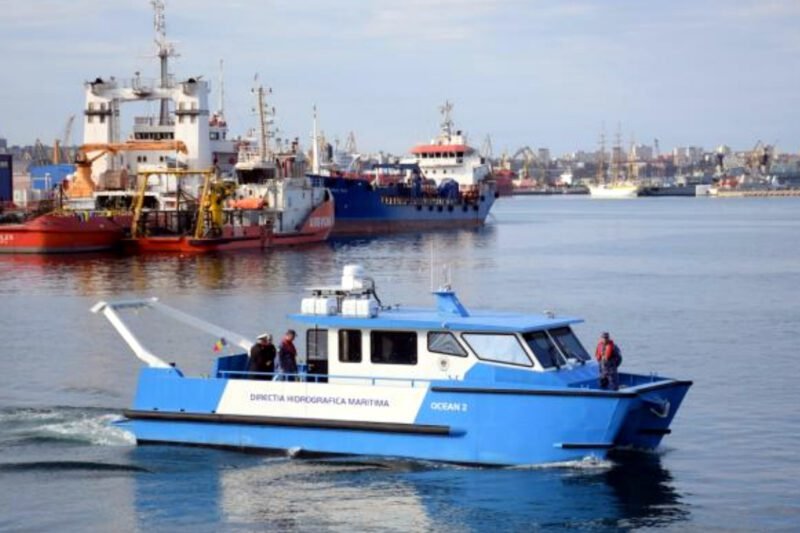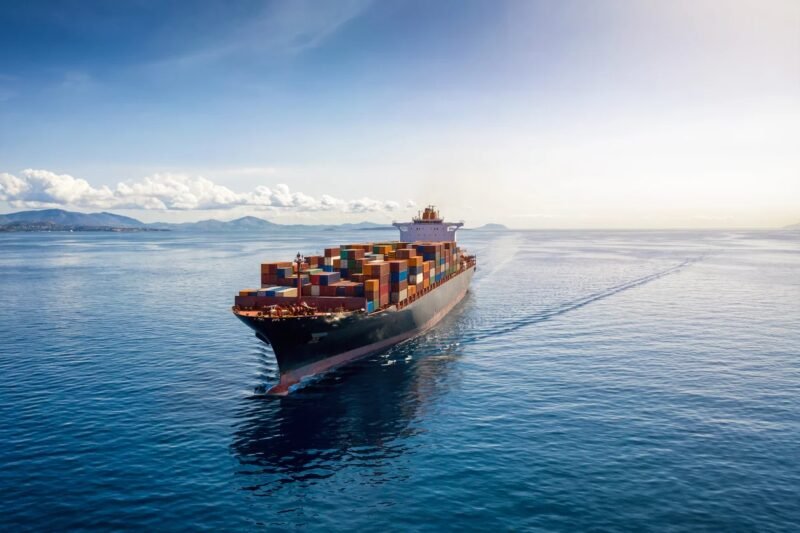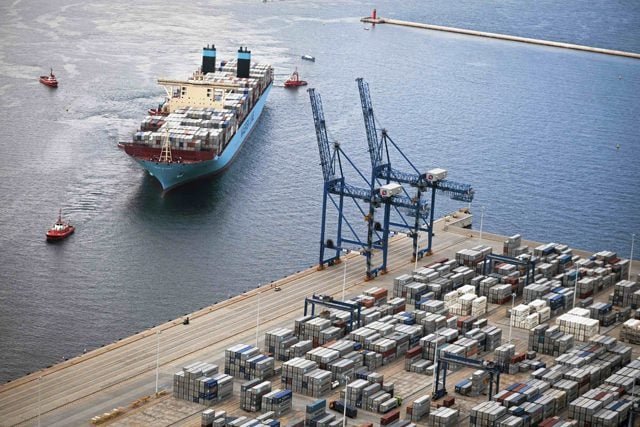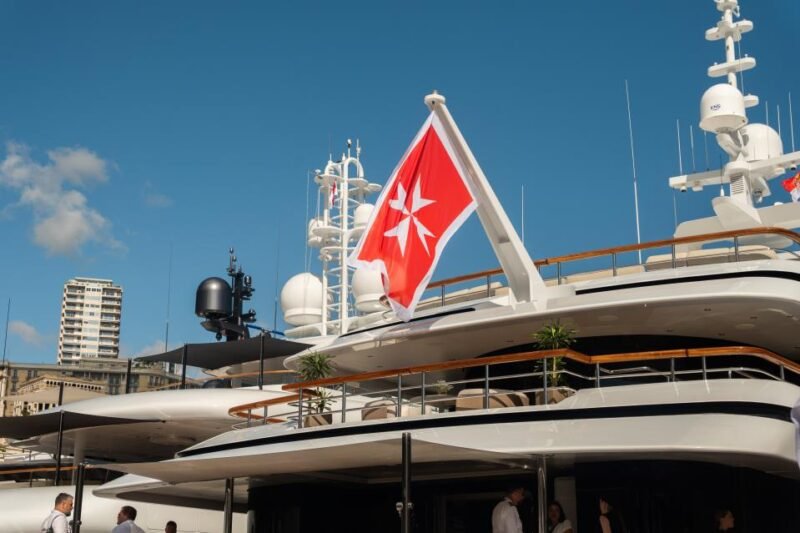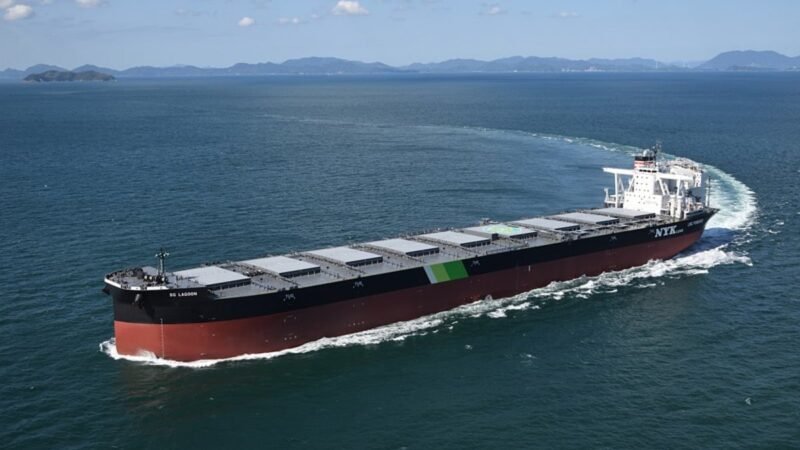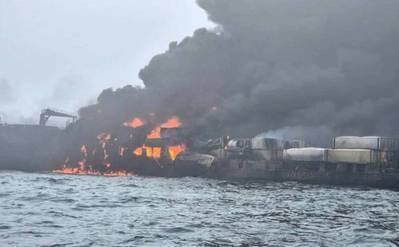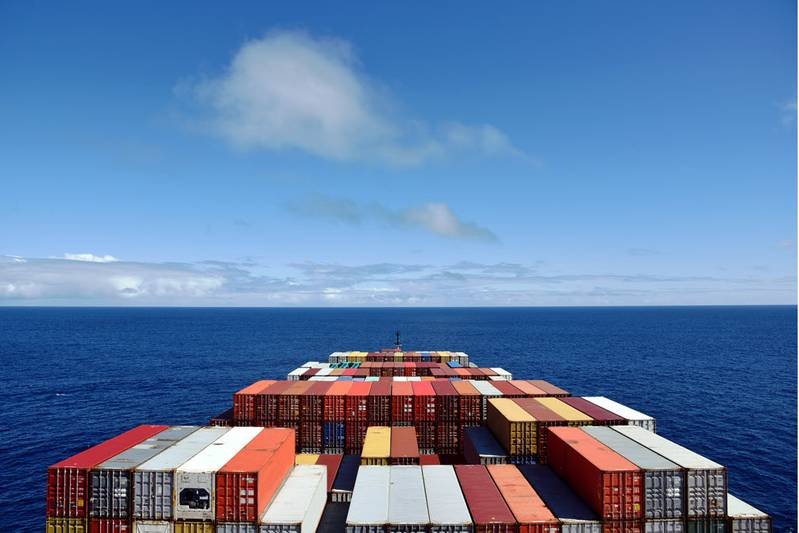The demand for dual-fuel vessels has seen a significant increase in recent years, with data from Veson Nautical showing a rise in orders for these environmentally friendly ships. Major players in the maritime industry are future-proofing their fleets, particularly in the container shipping sector. The percentage of container vessels with dual-fuel engines ordered in 2018 was just 4%, compared to 65% in 2024, indicating significant progress in decarbonization efforts.
Veson Nautical recently reported a 50% increase in new container vessel orders, with 254 contracts placed in 2024 compared to 167 in the same period in 2023. The maritime industry is experiencing a shift towards dual-fuel engines that can operate on traditional marine fuels and less carbon-intensive alternatives like liquefied natural gas (LNG). This transition is evident in the container shipping sector, where dual-fuel vessels are becoming more common.
Despite the growth in dual-fuel vessel orders, there are still gaps in the market, particularly in sectors like ferries, offshore vessels, and smaller bulk carriers. Veson Nautical highlighted the need for creative solutions to equip smaller vessels with dual-fuel engines, as conventional technology may not be viable due to cost, space constraints, and operational range limitations. The maritime industry is embracing LNG as a bridge fuel for the energy transition, with the global LNG fleet experiencing exponential growth over the past decade.
The live LNG fleet capacity has surged by approximately 142% in the last decade, supported by growth in cargo miles. With LNG supply expected to increase significantly by 2026, the market for LNG carriers is set to expand further. Olivia Watkins, Associate Director of Valuations and Analytics at Veson Nautical, emphasized the industry’s confidence in LNG as a fuel source and the increasing demand for dual-fuel engines that burn LNG. This trend is expected to drive further growth in the sector as the maritime industry continues to adopt more sustainable practices.
Share it now


